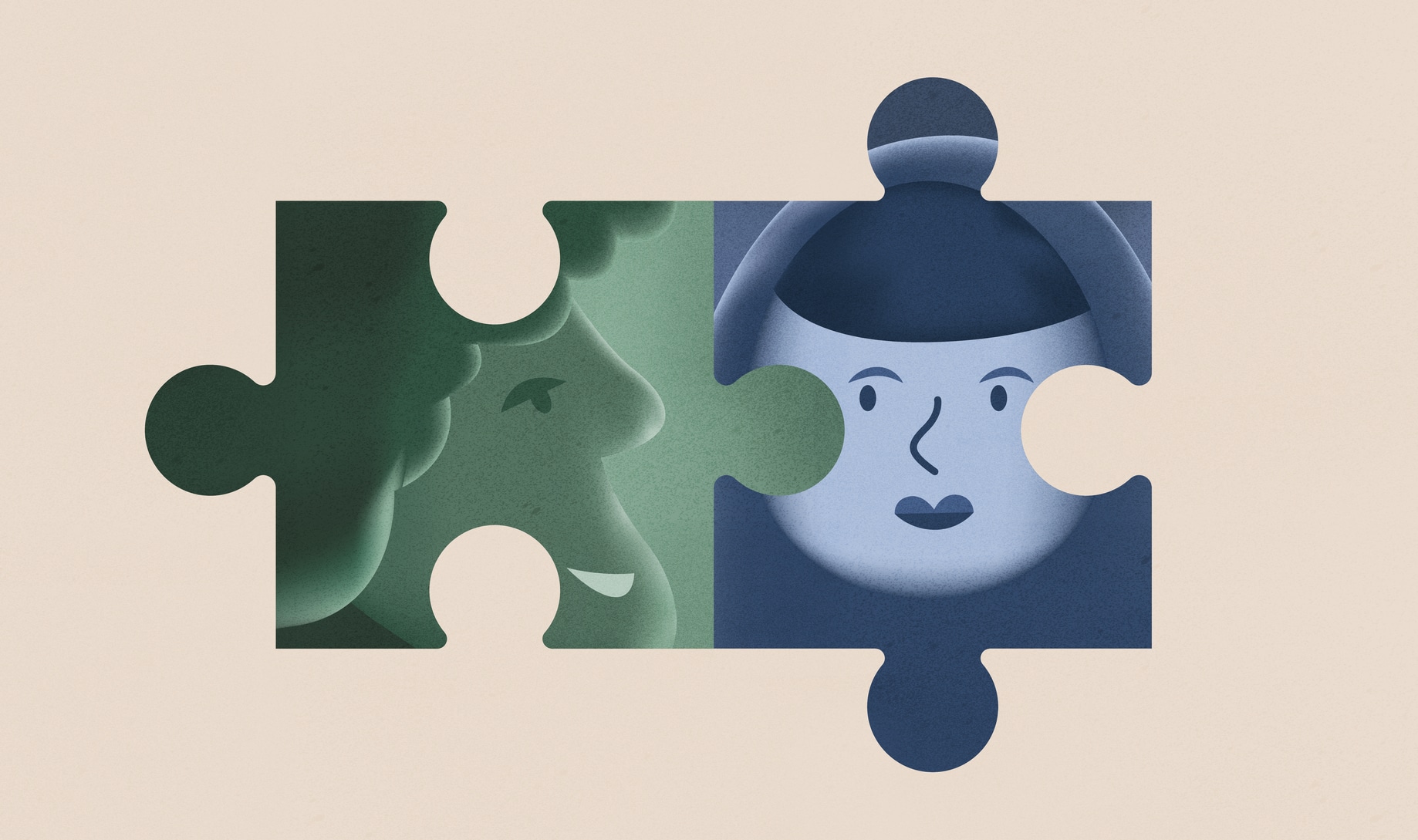
Every day, people seek out therapy for all kinds of reasons. In the U.S., 40 million adults live with anxiety. It’s estimated that in 2020, 21 million people experienced a major depressive episode. For all kinds of mental health issues, getting professional help can lead to positive, lasting change. But how can you tell when enough change has occurred, and whether you’re ready to “graduate” from therapy?
When to end therapy
Say you’d like to start going to therapy because you think you’re experiencing social anxiety. You feel self-conscious around people (even your friends), dread social engagements, or worry that people are judging you.
In this case, your therapist would likely work with you using cognitive behavioral therapy, otherwise known as CBT. In this type of therapy, your therapist teaches you to identify the thought patterns and habits that are contributing to increased anxiety. Your therapist would also work to equip you with tools and strategies to use in everyday life.
This could include things like noticing and challenging unhelpful thinking patterns, using relaxation and mindfulness strategies to help ride out the physical sensations of anxiety, and gradually exposing yourself to difficult situations on purpose to help you overcome your fears and gain confidence.
Graduating therapy: Using the tools therapy teached you
All of these strategies are meant to help you better manage your thoughts, feelings, and behaviors. With time, new habits will overtake your old ones, and you’ll have less anxiety than you used to. The overall goal of therapy will be to give you the tools you need to manage your anxiety on your own, and enjoy social situations again. This means that therapy isn’t meant to go on indefinitely.
The amount of time each client needs to spend in therapy will vary. Your therapist can help you determine the right length of time for you to be in therapy based on your unique needs.
Signs you’re ready to end therapy
The goal of therapy is to help clients lead more fulfilling lives. So how can you—and your therapist—tell when that goal has been met? Here are seven signs that you might be ready to take a break from therapy, and put all of your new skills to work.
The conversation dries up between you and your therapist
You may at some point find yourself going to therapy each week and struggling to find things to discuss. If your symptoms have decreased to the point where they no longer feel worth talking about, that could be a sign that you’re ready to graduate.
You feel like you met your therapy goals
You’re the best judge of your own thoughts, feelings, and experiences. For example, if you started therapy to tackle anxiety, and there’s simply less anxiety to tackle, you might be ready to move on.
You’re in the driver’s seat of the therapy session
If you find yourself leading the session more often—for example, explaining the challenges that came up for you, and how you effectively managed them—you may have sufficiently built up your toolbox to manage on your own.
You’ve made measurable, stable progress outside the therapy session
At Lyra, clients complete regular assessments as part of our evidence-based and feedback-informed care. You and your therapist will discuss your assessment scores throughout therapy. If they’ve improved and are stable, it may be time to discuss all of the progress you’ve made, and how to maintain that progress once therapy ends.
It feels like life has improved since you started therapy
You may notice that your overall mood has lifted, and that your days seem to be going increasingly better. Or maybe you find yourself doing things that your symptoms used to prevent you from enjoying, like meeting friends for coffee. If your life is looking the way you want it to, you may have achieved your goals.
You feel like you can manage your symptoms on your own
Maybe you’ve mastered new skills and techniques, and don’t need as much support from your therapist anymore. If you feel like you have the hang of managing your own symptoms, and are closing in on your goals, you could be ready to take a break from therapy.
You’re out of problems you want to discuss with your therapist
If you’ve solved the issues that initially brought you to therapy, but feel nervous about ending treatment, let your therapist know. It can be counter-productive to keep going to therapy “just in case something bad happens.” Remember: No one is perfect, and you shouldn’t expect yourself to always do everything “right.” If you’ve achieved your objectives, your therapist can give you the tools and support you need to feel comfortable ending therapy—even if it seems a little scary at first.
What happens next?
Whether it’s you or your therapist who brings up graduation, it’s important that you don’t feel alone after you stop. Your provider will collaborate with you to create a plan that empowers you to keep improving— one you can reference when you feel like you need help.
If you’ve been in therapy for awhile and feel like you aren’t making progress, this is OK to mention, too. You and your therapist might need to re-evaluate your treatment plan, or there may be another provider who’s a better fit for you.
Connect with a therapist
You can get started today if your employer offers Lyra.
Sign up nowPrioritize your emotional well‑being.
Join Lyra today

